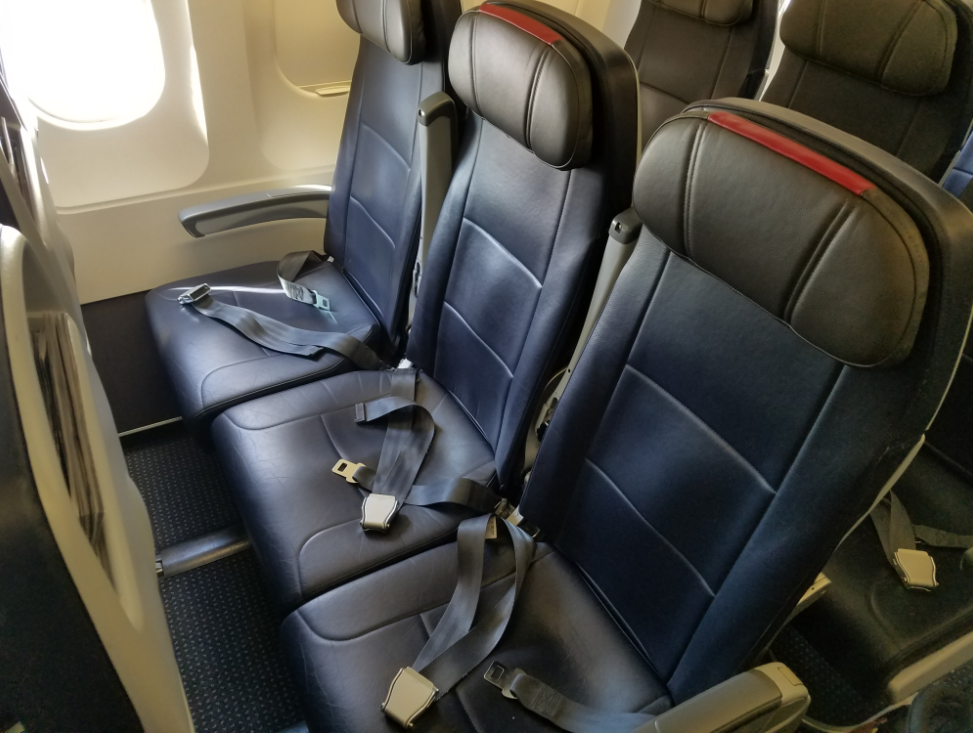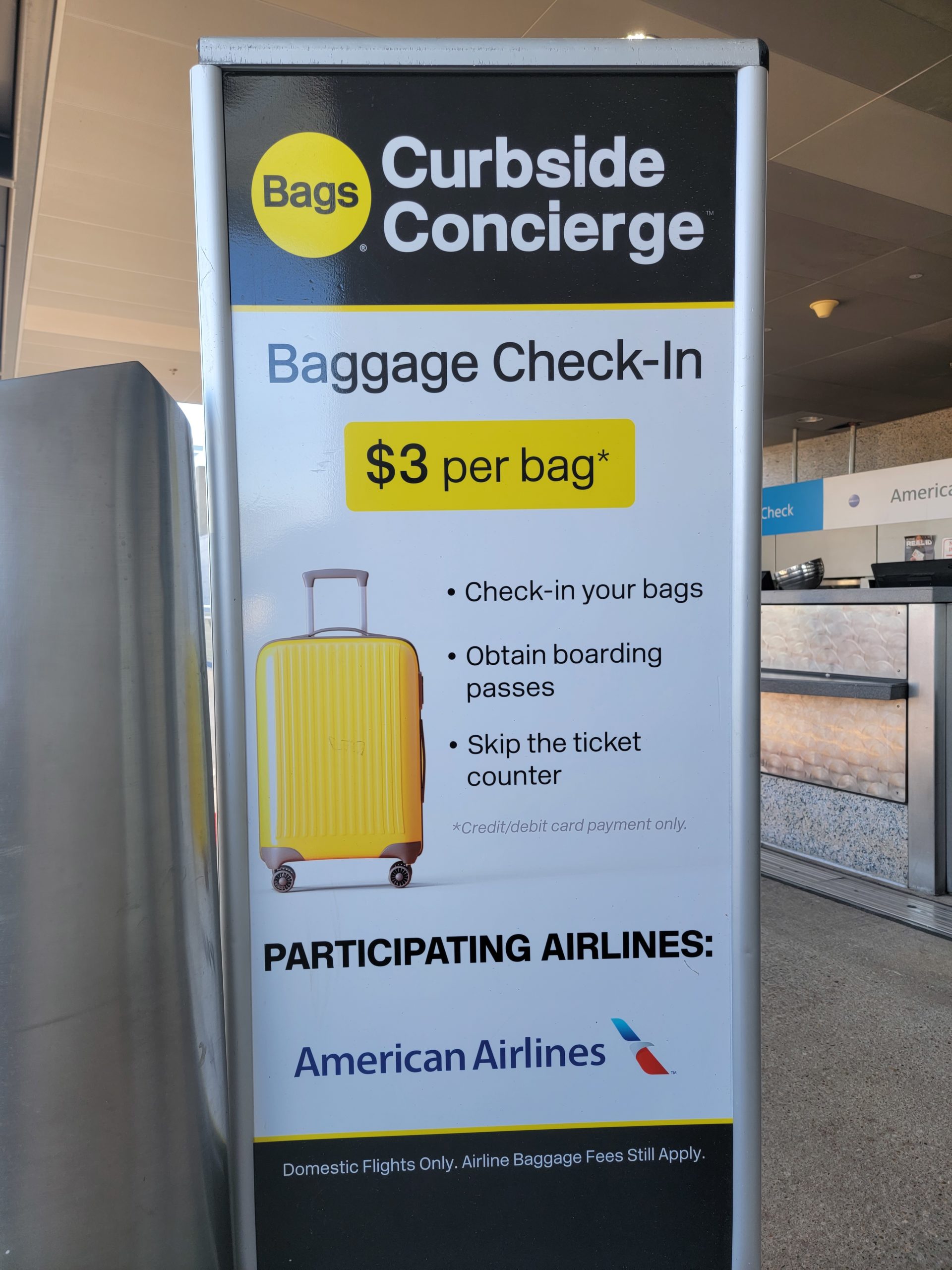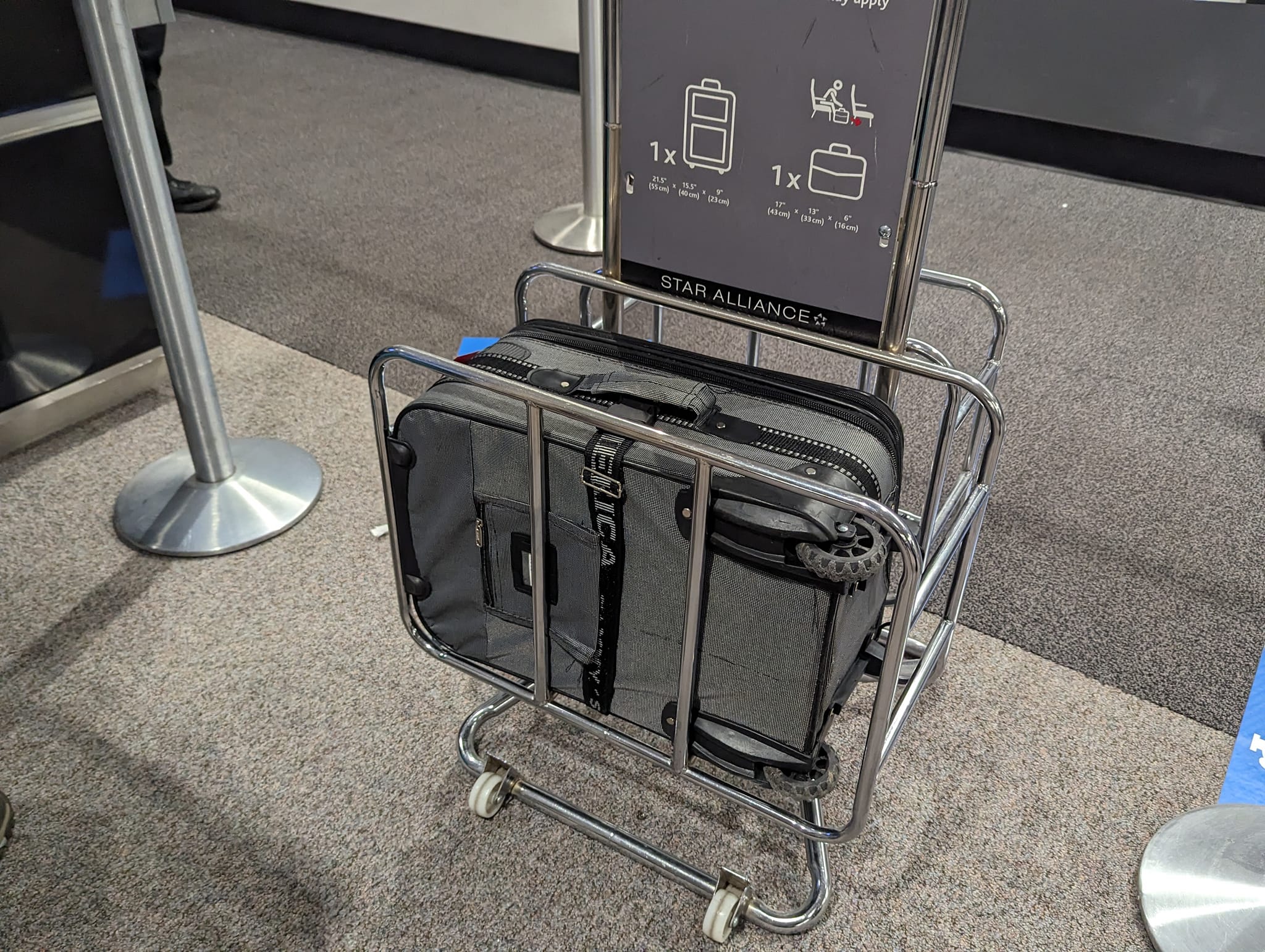The Senate Committee on Homeland Security and Governmental Affairs’ Permanent Subcommittee on Investigations held a hearing today on airline fees. It’s the end of this session of Congress, the chair is losing his position as control of the Senate changes party. So there was one last opportunity for grandstanding against airlines, who are a popular punching bag.
Sometimes airlines make it easy! But most of the punching would make for bad policy in ways that would drive up the cost of travel and leave consumers worse off.
I genuinely don’t understand the idea that airlines shouldn’t be allowed to decide how to price their product, as long as the price is clear to consumers – voluntarily buying their tickets – up front. Indeed, by offering different prices for different products creates the lowest airfares that people want to buy, and makes air travel more affordable (while consumers can, of course, buy more services if they wish). Spirit Airlines is one of the carriers hauled in front of the committee. They’re literally in bankruptcy.
Frontier Airlines and Spirit, who have historically charged the most fees, have driven down fares at major carriers who do bundle more services. That’s good for everyone. The alternative is fewer price point choices and higher prices overall.
- Different prices for different products seems normal. There are a limited number of good seats on the plane. Those used to be allocated based on luck. Now they go to the passengers who want them most, based on willingness to pay.
And the ability to merchandise better seats has led to more better seats, with airlines adding more extra legroom and first class as they’ve learned how to provide what customers want and customer preferences have shifted to want them. In other words, the ability to sell more differentiated products leads airlines to offer better products.

- The price of tickets is low and falling even including fees. Unbundling is part of how this is possible. Not everyone pays the full bundled price, and airlines can price discriminate, making low fares available to those who are more price-sensitive while offering more products and better experience to those willing to pay. Requiring bundling means requiring higher fares, and banning the pricing strategy that makes selling cheaper tickets possible while still covering costs.

- Consumers understand airline fees. The problem isn’t that consumers are unaware of them, they don’t like fees because they know about them not because they don’t. American was first to unbundle checked bags in 2008, and it’s common industry practice and generally well-disclosed during the buying process.

- Airlines fees change and even get more user-friendly with fewer fares having change fees since the pandemic, and U.S. airlines having fewer award fees (like fuel surcharges) than their international counterparts. The most unbundled carriers, with the most fees, are the ones who are moving away from fees the most. Spirit and Frontier now price in bundles rather than entirely a la carte, because of what they perceive to be consumer preferences.
- There are fees that Congress should pay attention to like ‘web convenience fees’ or ‘technology surcharges’ that customers can avoid by buying tickets at the airport. These are charged by some ultra-low cost carriers, and are tax dodges. Since the federal 7.5% excise tax on domestic airfares doesn’t apply to fees, this moves part of the fare info fees and airlines pocket more of the money. The tax code shouldn’t distort how airlines price and market their product.
- Airlines don’t earn especially large profits so while politicians may tout the large total revenue of an airline, or the total amount of fees charged, airline margins are modest. We’re talking about big numbers because airlines successfully carry a lot of passengers, not because they make particularly large profits. Airlines underperform most industries with their returns to capital.
Senator Blumenthal talks about the “rising cost of air travel” but that isn’t true. He complains that bag fees are ‘unconnected to costs’ and that seat fees are unconnected to costs because “you don’t have to create new seats” to charge for a seat, but you would not expect the price of a fee to equal marginal cost of the unbundled service. He’s not holding hearings on the cost of Microsoft’s Cloud services or Office suite licenses.
And he demands an explanation for airlines suing to block DOT fee disclosure regulations that the Fifth Circuit Court of Appeals found to be illegal. Airlines disclose their fees, but the DOT rule – at a cost of hundreds of millions of dollars – require pricing displays to show specific (and not all) fees at first instance showing a schedule, locking in place exactly what every customer is forced to wade through in buying a ticket even as the specific products and fees change.
Blumenthal blames mergers and complains that four carriers control 70% of the market, but that’s not concentration or unusual. There’s a lack of competition over business models in the industry but that’s largely the result of government’s role in the industry. To name just a few,
- government ownership of airports and rules over what airports can be used for commercial service
- conflict of interest regulating themselves as service provider of security and air traffic control
- impediments to competition like government-granted monopolies in takeoffs and landings at congested airport
- regulation of product details from no smoking signs to distributing hand sanitizer onboard
Blumenthal blasts Frontier Airlines for paying workers a portion of the fees collected at the gate from passengers for oversized carry-ons, but that just aligns incentives – the airline makes its money from fees while offering excruciatingly low fares, and they want their employees to collect them. In most circumstances Senator Blumenthal derides businesses for not sharing enough of their revenue with employees! (United, American and Delta committed in the hearing not to follow’s this practice, Southwest indicated they recently stopped doing it.)

The Committee’s Ranking Member, Roger Marshall (R-KS), used the discussion of airline fees to change the subject to his desire to regulate credit card swipe fees in ways that would be destructive to airlines and consumers but benefit retailers.
Ultimately this was a lot of theater, but over and over Senators just didn’t make themselves look great during this hearing – lambasting airlines over things that just aren’t unreasonable, failing to understand the economics of the industry they purport to be investigating, and seeking to impose their business practice preferences on an industry in a way that would harm consumers (and is well beyond any reasonable read of what their authority ought to be).
When Senator Blumenthal spends inordinate time complaining that Delta extra legroom seats come at an extra cost, claims that the Comfort+ product comes at no extra cost to the airline, and implies that there ought to be a single price (regardless of flight, time, route or demand) that seat I just really don’t even know what to say.


After Trump’s re-election and the GOP takeover of Congress, all hope for consumer protection died. Great time for stock-buybacks, though. Oh! And Executive compensation packages. Gonna be wonderful for the super wealthy. Let them eat cake. Cheers, everyone!
This ignores cargo fees and revenues…….including personal bags going in cargo holds.
I watched this hearing; this is going nowhere. Congress is not about to embark on bi-partisanship on any issue, least airline/hotel junk fees, etc. And the next regime is simply not going to be consumer friendly. It’s dispiriting for unions, passengers, and anyone who does not already fly private anyway.
This is our stupid government at work. Airline fares are very affordable but that doesn’t mean all Americans will be able to afford to fly. And what are junk fees? Other than maybe to print a boarding pass?
Custer’s last stand
This is why we don’t have anything nice in this country. Congress is awful. Why not go after resort fees? Like that’s an actual scam. Or Delta’s new variable AI-determined pricing. That’s like an actual travesty.
I want to unbundle pillows and blankets at hotels too, so they can be cheaper and more affordable.
Then just charge fees for anything you’d need besides the room. Mattress, mattress thickness, towels, shampoo, air conditioner, etc…
The weight of baggage has an impact on the amount of fuel consumed during a flight, whether that baggage is in the hold, under the seat, or in the overhead. The amount of space each passenger gets impacts the number of seats an airplane can hold. More space means fewer, more expensive seats. Some people will pay for that space, some people won’t.
For a premium, sustainable experience in the sky, please choose Delta.
Just apply the airline ticket tax to all fees as well. Problem will take care of itself.
Within 10 years, you will have to pay for a flight reservation. $225 for the flight but you only will have a flight on that day. Want a specific flight and you will have to pay $29 more. Otherwise show up at 6 am and only be promised a flight on that day….plus bag fee, plus early boarding fee, plus seat assignment fee, plus snack fee, plus airport facility charge, plus…..
“Just apply the airline ticket tax to all fees as well. Problem will take care of itself.” Agreed, and they could adjust the tax rate down to collect the same total taxes (but they wouldn’t).
Good riddance to the democrat party, this is what happens when you die in a hill so men can use the women’s bathroom. Party of women’s rights…..sure.
What low fares?
You mean Frontier with their $19 fares but will cancel that same flight on a whim if it doesn’t have enough people boarding it?
Even saver fares aren’t “saver.”
No thanks.
It’s very sad to see families waiting to board a frontier airlines flight and seeing each child and parent with their own backpack. The backpacks aren’t large, they’ll certainly fit under the seat, however, they aren’t the perfect rectangular shape that Frontier has decided to enforce. That family of 5 is now paying $300 ($60*5) each way just to carry on their 5 backpacks that would’ve flown for free on any other airline. Meanwhile, the gate agent is licking their chops because they just picked up $50 from this family. That’s the issue here. That is a predatory money grab.